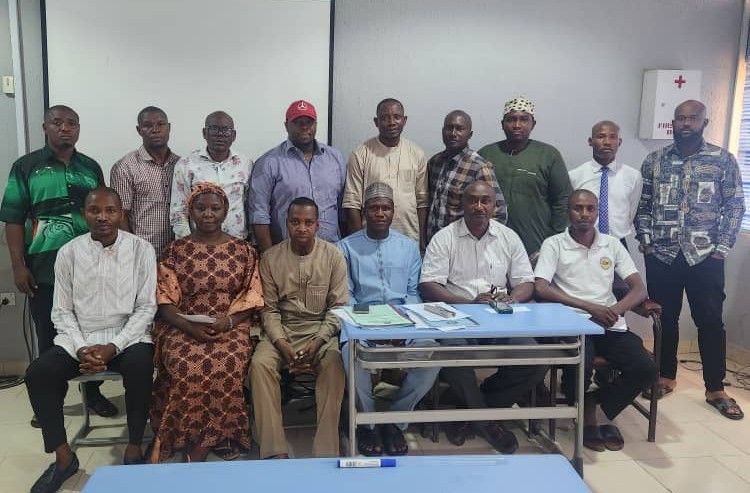
Aviation Management School Successfully Concludes Two Key Aviation Safety Trainings for NAMA, NCAA, and IADCL
Zaria, 9th May 2025 – The Nigerian College of Aviation Technology (NCAT), Zaria, has successfully concluded two vital training programs under its Faculty of Aviation Management School, reinforcing its reputation as a center of excellence in aviation training across Africa.
Completion of Human Factors 22 Training (5th – 9th May 2025)
Participants from the Nigerian Airspace Management Agency (NAMA), the Nigerian Civil Aviation Authority (NCAA), and the Ibom Airport Development Company Limited (IADCL) successfully completed the Human Factors 22 course. The one-week program focused on enhancing safety, performance, and leadership in the aviation workplace through an in-depth understanding
of human behavior and limitations.
The modules covered included:
- Human Performance and Limitations
- Human Error
- Culture
- Management, Supervision, and Leadership
- Workplace Hazards
- Overview of Human Factors
- Factors Affecting Performance
The training emphasized real-world application of human factors principles to reduce error, enhance organizational culture, and foster safety-focused decision-making. Participants were equipped with analytical tools and behavioral strategies to improve operational efficiency and reduce risk within their respective aviation domains.
Graduation of Safety Management System (SMS 15) Course (28th April – 2nd May 2025)
Prior to the Human Factors course, NCAT also successfully conducted the Safety Management System (SMS 15) course for NAMA Air Traffic Controllers (ATC) and Air Traffic Safety Electronics Personnel (ATSEP) Engineers, graduating 22 participants on 2nd May 2025.
The SMS 15 course addressed the critical components of managing safety at an organizational level. The modules covered were:
- Management Provisions
- Safety Management Fundamentals
- SMS Implementation
- State Safety Program (SSP)
- SSP Implementation
This training reinforced participants’ ability to develop, implement, and evaluate organizational safety management strategies in compliance with ICAO standards. It also supported NAMA’s ongoing efforts to strengthen systemic safety oversight and proactive hazard mitigation in Nigeria’s airspace operations.
These back-to-back successful training completions reflect NCAT’s unwavering commitment to human capital development and aviation safety across Nigeria and the region. As the institution continues to support regulatory and service delivery agencies like NCAA, NAMA, and IADCL, it plays a critical role in building a resilient, skilled, and safety-conscious aviation workforce.



